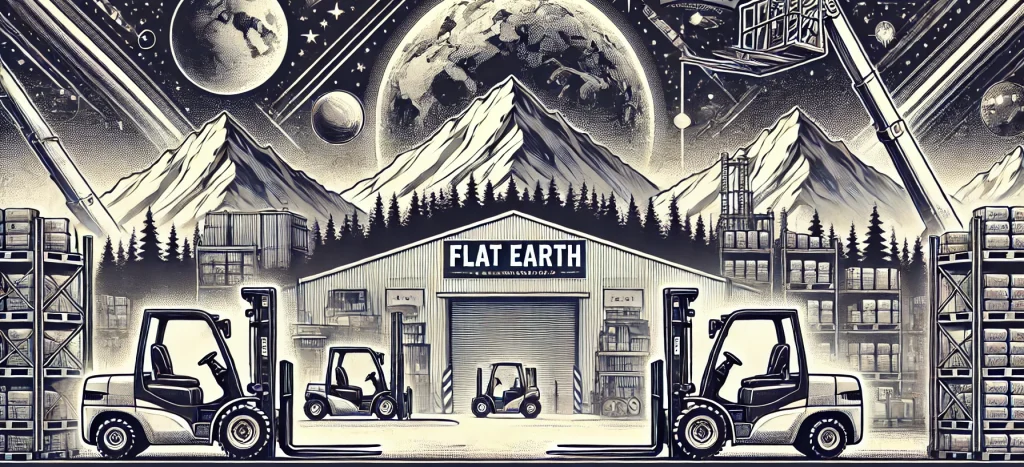Introduction: The Importance of Forklift Maintenance
Forklift maintenance is an essential aspect of warehouse and industrial operations, crucial for ensuring machinery operates at peak efficiency and safety. Regular maintenance checks and services not only prevent costly downtime but also extend the lifespan of this vital equipment, significantly reducing long-term repair costs. This guide delves into the best practices for forklift maintenance, providing operators and businesses with valuable insights on maintaining their forklifts effectively.
Understanding Forklift Maintenance: Key Areas to Focus On
Forklift maintenance encompasses several key areas, each vital for the machine’s optimal performance and longevity. Engine maintenance ensures the heart of the forklift runs smoothly, while battery care is crucial for electric models. Hydraulic systems, which power the lifting mechanisms, require regular checks and fluid replacements. Additionally, consistent inspections and proper lubrication of moving parts can prevent premature wear and tear.
Daily Maintenance Checks for Optimal Performance
To maximize forklift efficiency, certain daily maintenance checks are indispensable:
- Fluid Levels: Check and top up hydraulic oil, coolant, and lubricants.
- Tire Conditions: Inspect for wear, damage, and proper inflation.
- Brakes and Controls: Ensure they are responsive and functioning correctly.
- Forks and Mast: Look for structural damage or wear that could affect lifting capacity. Implementing these checks as part of a daily routine can significantly reduce the risk of mechanical failures and accidents.
Scheduled Maintenance: Planning for Longevity
Adhering to a scheduled maintenance plan is crucial for forklift longevity. This involves regular professional inspections and services that align with the manufacturer’s recommended maintenance schedule. Scheduled maintenance can identify issues related to wear and tear early on, mitigating more severe problems down the line and ensuring the forklift remains in optimal working condition.
Common Forklift Maintenance Issues and Solutions
Forklift operators often encounter common maintenance issues that, if left unchecked, can lead to operational disruptions:
- Battery Degradation: For electric forklifts, maintain proper charging cycles and store batteries according to manufacturer guidelines.
- Overheating: Keep radiators clean and ensure the cooling system is functioning properly.
- Hydraulic Leaks: Regularly check hydraulic lines and fittings for leaks, replacing any worn components.
- Steering Problems: Inspect steering components for wear and ensure fluid levels are maintained. Addressing these issues promptly can prevent more significant problems, maintaining safety and efficiency.
The Role of Professional Forklift Maintenance Services
Professional forklift maintenance services offer expert assessments, specialized tools, and comprehensive care that goes beyond routine checks. These services can be invaluable in diagnosing complex issues, performing detailed repairs, and providing peace of mind that your forklift is in expert hands. Leveraging professional services ensures that maintenance is thorough and in line with the latest safety standards.
Investing in Forklift Maintenance: A Cost-Benefit Analysis
Investing in regular forklift maintenance offers significant long-term savings. While there are upfront costs associated with scheduled services and daily checks, these expenses are minimal compared to the costs of unscheduled downtime, major repairs, or the potential for accidents due to poorly maintained equipment. Regular maintenance not only saves money but also enhances operational efficiency and safety.
Conclusion: Committing to Forklift Maintenance for Operational Excellence
Committing to a comprehensive forklift maintenance program is essential for any operation that relies on these workhorses. Regular maintenance not only maximizes efficiency and safety but also significantly contributes to operational excellence. By following this guide, businesses can ensure their forklifts remain reliable, efficient, and safe, supporting overall productivity and longevity.
